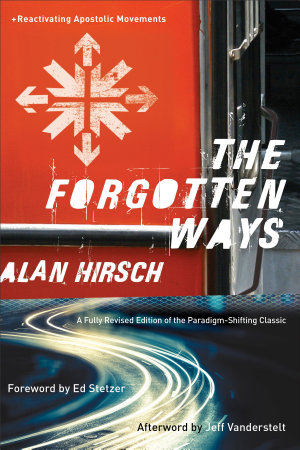Here’s a modern English version of Henry Drummond’s ‘The Greatest Thing in the World’. His wonderful essay on love was originally created in 1884, and it analyses Paul’s famous chapter 13 of 1 Corinthians. Well worth a read!
(See indexes on other topics)
Read it online or download it
- The modern English version is available to read or download online (a couple of the links in the PDF no longer work, I’ll correct them when I can).
- The Victorian original is also available.
- Many printed versions are available too, take your pick.
Article series
You might enjoy this series of short articles in which I examined Henry Drummond’s essay in more detail.
Why create a new version?
Why have I gone to the trouble of translating this essay into modern English? Basically, because it deserves a wider audience. Years ago The Greatest Thing was often reprinted as a booklet and was very popular. I remember buying a copy in Wesley Owen’s on Park Street in Bristol back in the 1970s when the language was still less than 100 years out of date. It was a great read and it helped to change my life. The analysis excited me, Henry Drummond confirmed what I already knew to be true – this new life in Christ is all about love. At the same time the little book challenged me and drew me on.
This great essay is no longer widely known or read. It deserves better. It will speak to readers today just as it always did. Read it!
Acknowledgements
And finally, I just want to thank the family members and friends who read my early drafts and made helpful suggestions, pointed out errors, or were just encouraging. You know who you are.
Licencing
Copyright in the original has expired while the new version comes with a Creative Commons licence. So please feel free to print or republish either version and distribute it as widely as you like.
See also:
Christian life can come to nothing – Cerulean sanctum






